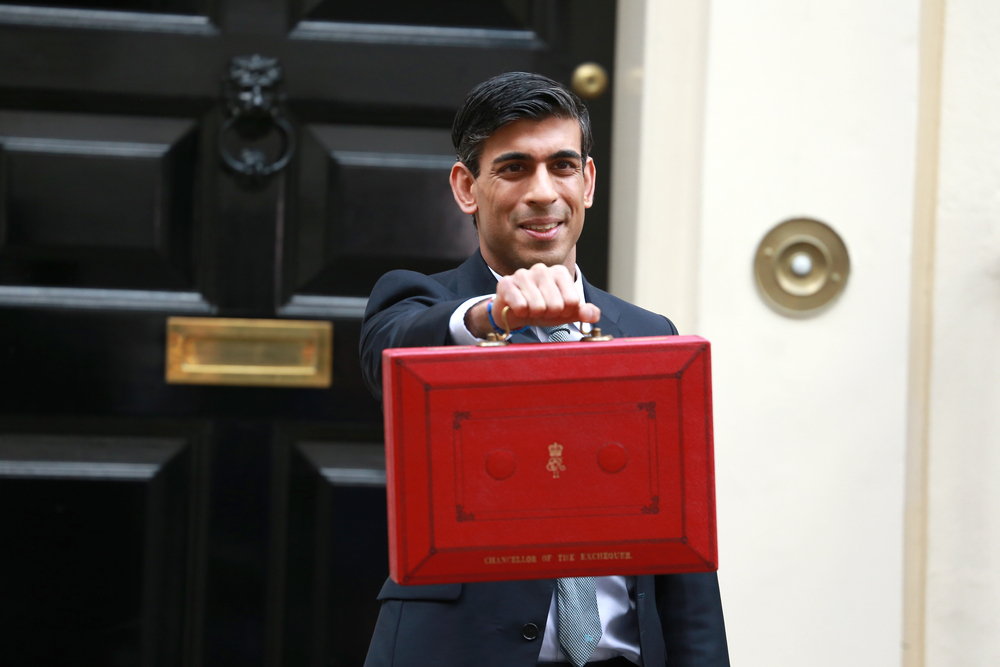
The threshold was expected to rise by £300, but will go up by £3,000 instead.
That is a £6bn tax cut for 13 million people amounting to a £330 each a year.
“It is the single biggest tax cut for a decade,” Sunak said.
He added that 70% of workers will have their taxes cut by more than they pay for the new levy.
This decisiom comes as the Office for National Statistics announced the UK inflation hit 6.2% in February.
This a 30-year high and the UK has now the second-highest annual inflation rate among the G7 countries after the US.
The government announced the tax change last year with a 1.25 percentage point increase in national insurance contributions. It means that someone on a £50,000 salary will pay £464 next tax year, or 10% more.
This was initially to pay for the NHS backlog before being used to fund social care.
With the considerable increase in energy bills, fuel prices and inflation numbers, many had called for the hike to be delayed or scrapped all-together.
That includes a panel of economists who warned the Treasury select committee in February that the timing to raise the national insurance contributions is wrong.
Hargreaves Lansdown senior pensions and retirement analyst Helen Morrissey says: “The chancellor has been steadfast in his determination to implement the Health and Social Care levy, but his actions today have at least helped lower earners by raising the threshold at which they would have to start paying it. These actions will put some money back in their pockets at a time when costs are on the rise.
However, by lifting the threshold, care must be taken that workers earning less than £12,570 per year do not lose access to vital National Insurance credits for state pension. The state pension forms the backbone of most people’s retirement and therefore, they should ensure they do not incur gaps unnecessarily, that mean they end up with less in retirement.”
She added: “Many benefits come with automatic National Insurance credits. For instance, Child Benefit, Universal Credit and Job Seekers Allowance will credit you automatically. Other benefits such as statutory sick pay will give you credits if you apply for them. It is therefore vital people worried they may no longer be getting National Insurance credits check to see what benefits they are entitled to, so these credits can be made.”



